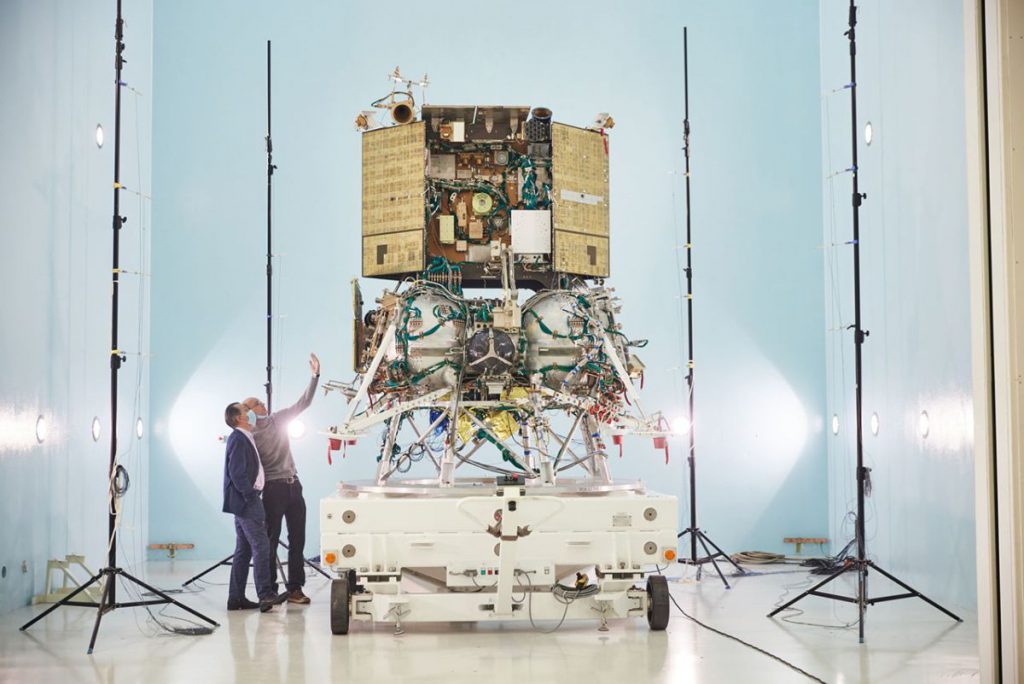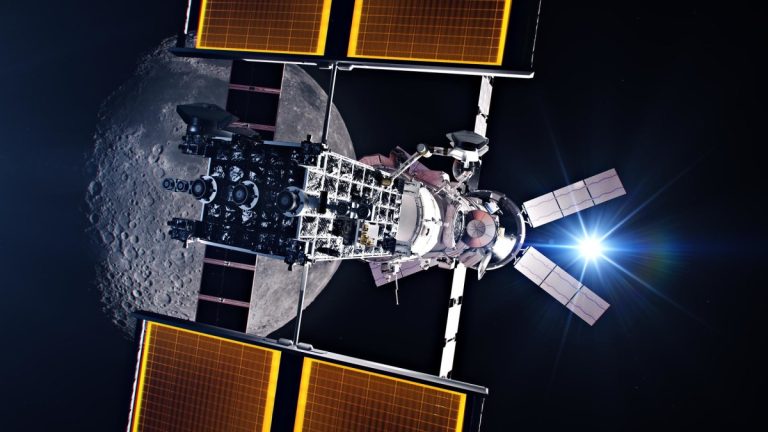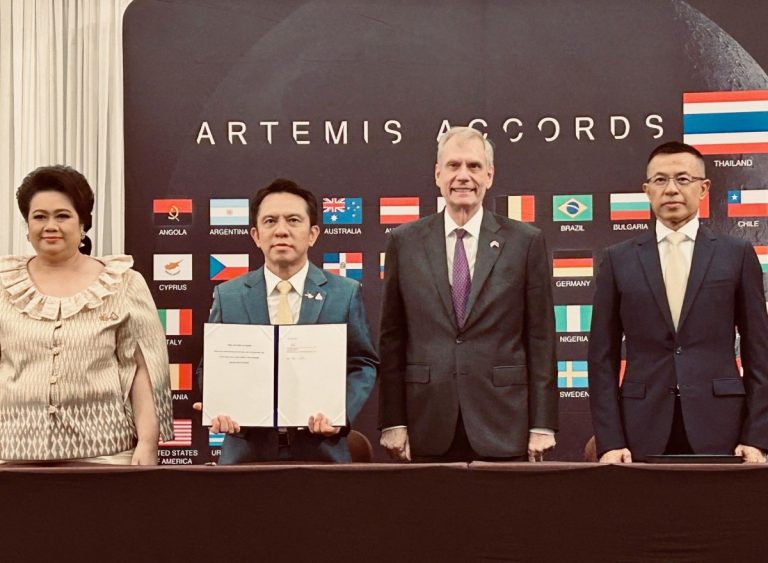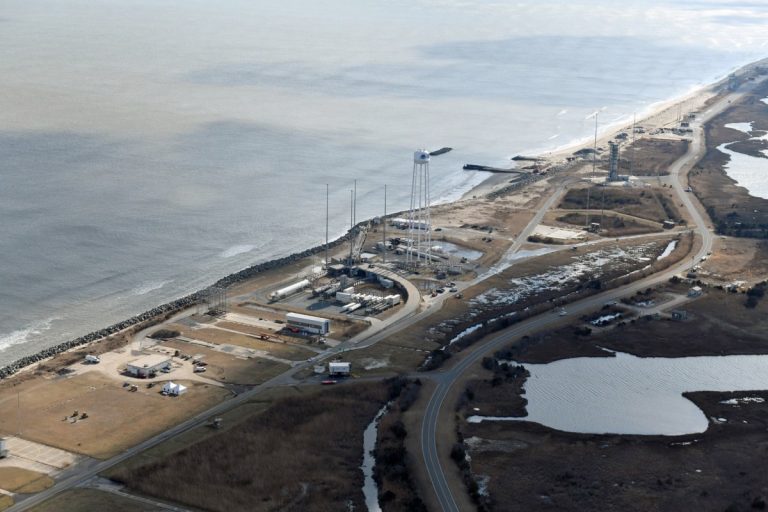
Russia has big plans for its space program despite international sanctions (Image Credit: Space.com)
Russia’s space program will power through the “difficulties” that have followed the nation’s Feb. 24 invasion of Ukraine, Russian President Vladimir Putin said.
Putin was quoted by the Russian state media news source TASS on Tuesday (April 12), which was “Cosmonautics Day” in Russia. The annual celebration honors the launch of Soviet cosmonaut Yuri Gagarin, who on April 12, 1961, became the first person to reach space. Russia inherited the Soviet space program after the USSR dissolved in 1991.
Putin, who signed a law last year allowing him to stay in power until at least 2036, struck an optimistic tone about the future of Russia’s space program. “We will necessarily implement all mapped-out plans consistently and persistently, despite any difficulties and some attempts from outside to impede us in this movement,” Putin said in the TASS report, which translated his comments from Russian.
Live updates: Russia’s Ukraine invasion and space impacts
The “difficulties” and “attempts from outside” are likely allusions to the numerous international sanctions that have been imposed by the U.S. and other nations since Russia invaded Ukraine.
These sanctions are manifestations of international disapproval, which has led to the dissolution of many of Russia’s space partnerships. For example, Europe recently announced that it will no longer participate in Russia’s Luna series of robotic moon missions, nor will it launch the ExoMars rover Rosalind Franklin on a Russian rocket as previously planned. (The International Space Station, in which Russia is the chief partner alongside NASA, continues operations as usual, at least for now.)

In the TASS report, Putin said that Russia plans to continue its Luna-25 moon mission, which is scheduled to launch this year; a broadband satellite series called Sfera (Sphere); a “next-generation transportation spacecraft” and propulsion technologies focusing on nuclear capabilities in the coming years. He was quiet about military affairs in spaceflight, however, including recent reports that Russian forces are jamming GPS access in Ukraine.
Marcia Smith, founder of the website SpacePolicyOnline.com, said it is unclear to which nuclear technologies Putin is referring. “The Soviet Union used to launch military ocean reconnaissance satellites powered by nuclear reactors,” Smith wrote in a recent post. But, she noted, there were several several malfunctions with this series of satellites, called Kosmos. The most notable, in 1978, saw Kosmos 954 drop nuclear debris across 300 miles (482 kilometers) of northern Canada.
Putin also pointed to space collaborations with Belarus, a close military ally of Russia, in remote sensing as well as “developing the town of Tsiolkovsky and the Vostochny spaceport.” He predicted this measure would soon pass the upper house of his government, “following which, naturally, a new law will be signed.”
Putin’s comments came after he met Tuesday with Belarusian President Alexander Lukashenko in Russia’s far eastern Amur region, according to the Washington Post. As for Putin’s discussions of government procedure, U.S. President Joe Biden strongly disagreed that these decisions are democratic. Biden said Tuesday that Putin is a “dictator” who “commits genocide”, according to CNN.
Putin said that Belarus enterprises “have been renowned since the Soviet period for their competences in the manufacture of high-tech equipment, complex optoelectronic and radio-technical systems.”
TASS and other Russian state news sources are the only easily accessible forms of news for most Russian residents, as the government recently cracked down on democratic expression in the press. Most international outlets have closed down their Russian bureaus or moved journalists out of concern for their reporters’ safety, according to The Guardian.
Follow Elizabeth Howell on Twitter @howellspace. Follow us on Twitter @Spacedotcom or Facebook.








